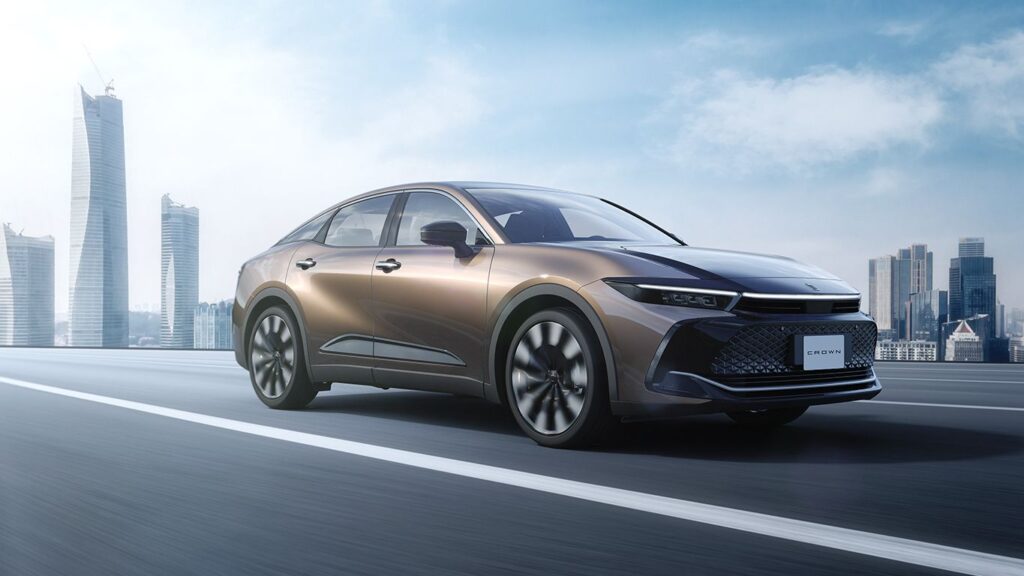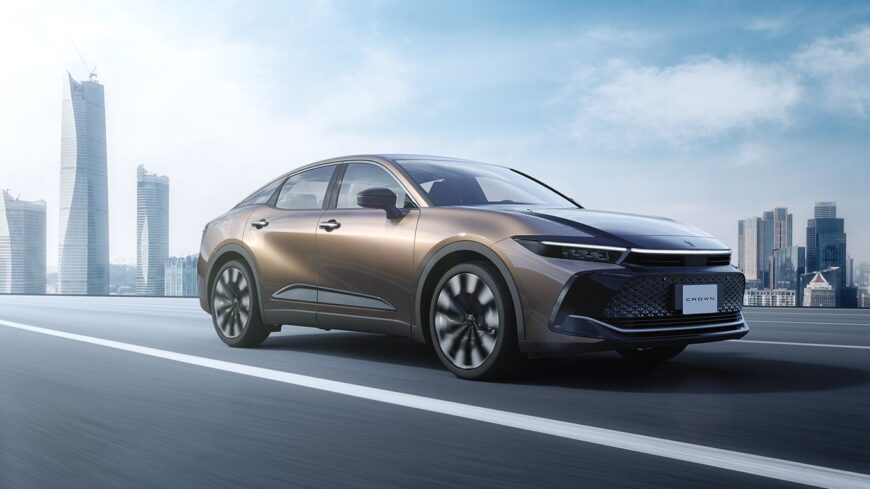
Hybrid Vehicles: Paving the Way to a Greener Future
In an era where environmental consciousness is paramount, hybrid vehicles have emerged as a beacon of sustainable transportation. Combining the efficiency of electric power with the reliability of internal combustion engines, hybrids are revolutionizing the way we drive, offering a bridge between traditional fossil fuel-powered cars and the eco-friendly future we envision. In this article, we delve into the benefits, types, and the significant impact hybrid vehicles have on the environment.
The Benefits of Hybrid Vehicles:
Hybrid vehicles, whether hybrid-electric or plug-in hybrids, come with a plethora of benefits. One of the primary advantages is improved fuel efficiency. By seamlessly switching between the electric motor and the gasoline engine, hybrids achieve significantly higher mileage, reducing the overall consumption of fossil fuels. This not only translates to cost savings for the owner but also diminishes the vehicle’s carbon footprint.
Additionally, hybrids are known for their lower emissions. The electric motor produces zero emissions, and even when the gasoline engine is engaged, it operates more efficiently, emitting fewer pollutants compared to traditional vehicles. This reduction in harmful emissions contributes to cleaner air and mitigates the impact of transportation on climate change.
Types of Hybrid Vehicles:
Hybrid vehicles come in various types, catering to different driving needs and preferences. The most common type is the parallel hybrid, where both the electric motor and the internal combustion engine are connected to the transmission and can power the vehicle independently or together. Series hybrids, on the other hand, use the internal combustion engine to generate electricity, which then powers the electric motor that drives the vehicle. Plug-in hybrids offer the flexibility of running on electric power alone for a certain range before switching to gasoline, making them ideal for short commutes.
Environmental Impact:
Perhaps the most significant contribution of hybrid vehicles is their positive impact on the environment. By reducing fuel consumption and emissions, hybrids play a vital role in combating air pollution and reducing greenhouse gas emissions. This reduction in pollution has far-reaching effects, improving air quality in urban areas, reducing the prevalence of respiratory diseases, and preserving the natural environment.
Furthermore, the popularity of hybrid vehicles encourages automakers to invest in research and development of cleaner technologies. As the demand for hybrids grows, manufacturers are pushed to innovate, leading to advancements in battery technology, energy management systems, and sustainable materials. These innovations have implications beyond hybrids, influencing the entire automotive industry and paving the way for a more sustainable future.
In conclusion, hybrid vehicles represent a significant step toward a greener future. Their ability to combine the best of both electric and gasoline power not only benefits individual owners but also contributes to a cleaner environment on a global scale. As technology continues to evolve, and as environmental awareness deepens, hybrids are set to play an increasingly vital role in shaping the way we drive, ensuring a harmonious coexistence between our mobility needs and the health of our planet.



